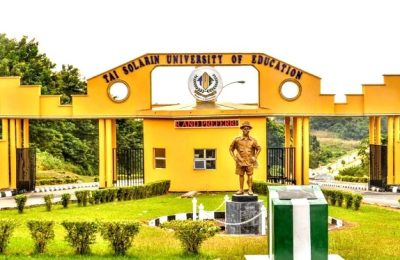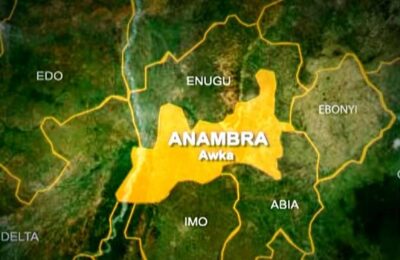Director General of Budget Office of the Federation, Mr Ben Akabueze on Wednesday disclosed that Nigeria needs about $100 billion yearly to fix its infrastructural needs.
Mr. Akabueze disclosed this during the 3rd day of the induction ceremony organised for 10th Assembly’s Senators-elect and Members-elect in Abuja.
He said: “We are not even an oil-rich economy. To classify oil-rich economies, you talk of countries like Saudi Arabia where they are 34 million of them and pump 10 million barrels of crude per day, or Kuwait where there are 3 million of them and pump 3 million barrels per day. There are over 200 million of us and we are currently pumping about 1.9 million barrels per day.

“So, we are not a rich economy and must resist the temptation we are an oil-rich economy. Let me make it clear that we are potentially rich country, but we are not.
“I often hear people say that Nigeria is not short of development plan, but that the problem is implementation and I disagree because a plan that cannot speak to implementation is not a good plan.
“Development plan in Nigeria dates back to the early 90s, but you can argue that it has not been successful in the desirable manner. Annual budgets are essentially back sizes of development plans. They contain achievable objectives within a year. A budget that seats outside the development plan is not a good budget.
“For us to be able to fix the infrastructural needs of the country, we need to be spending about $100 billion annually as a country, including private spending on infrastructure. The aggregate budget of the Federal government is only about $30 billion dollars and the aggregate of the States and FCT budget don’t even add up to the federal budget.

“This means that even if we spend everything, we will still be left with a huge infrastructural deficit. Each country has to determine its budget system that works for it. Budget is multi-dimensional in coverage. One, it is political because it allocates scarce resources of the country among multiple competing and sometimes, competing interests.
“It is also an economic document because it help as the primary fiscal instrument for stimulating economic growth, ensuring employment and maintaining economic stability. It is an accounting document and provides a ceilings a d is legally binding for government to operate. It is also a moral document. You can know what a country cherishes by looking at its budget document.”
READ ALSO FROM NIGERIAN TRIBUNE







